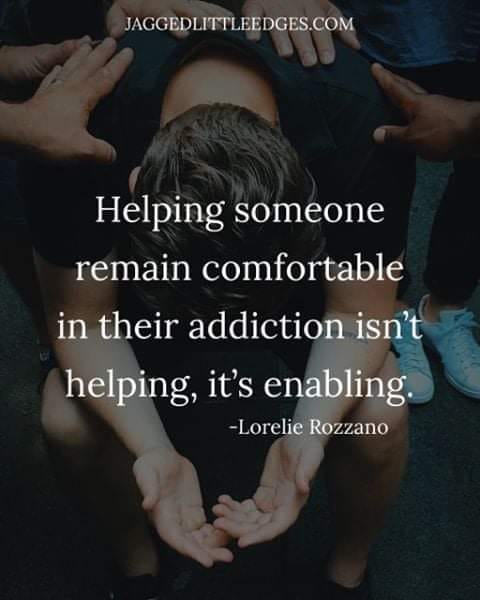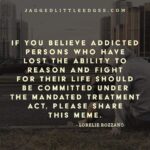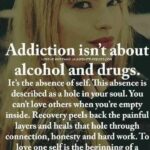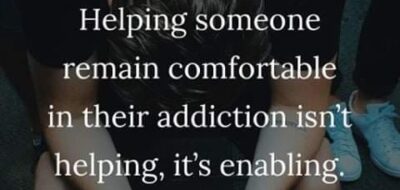
Survival In Families With Addiction.
When a family member struggles with addiction, everyone in the family feels it. Living with a substance abuser is intense, scary, painful, and chaotic. To minimize chaos balance is sought within the family system through a mode of dynamics and survival.
Family dynamics are the patterns of relating, or interactions, between family members. Each family is unique, although there are some common patterns. The most common of these patterns are roles defined to keep the peace and allow the family to survive the insanity being played out in their home.
The family typically adapts to the chemically dependent person by giving in to their demands and meeting all their needs. This behavior is also known as survival, co-dependent, or enabling. The payoff from giving in is reduced stress in the home, allowing the family to function as normal as possible under the circumstances.
Keeping the peace and surviving in families with addiction means saying yes when no is the right answer. It means turning a blind eye and a deaf ear. It also means keeping the addicted person happy at the cost of everyone else in the family. You learn to bite your lip and shut down your emotions. Although it’s not said, it’s known – the most important person in the addict’s family IS the addict. This person is the only one who can get his/her needs met within the family system.
The cost of being the family’s peacekeeper is not free, however. Over time, living life on high alert plays havoc with every aspect of your body and negatively affects all your relationships. Most experiencing these changes are unaware of their decline. Neither the person abusing substance nor their family notices the changes occurring within themselves because they are ‘other’ focused. The addicted person focuses on getting their next fix. Where can I get drugs? Where can I get money? Where can I hide my drugs? And the family member focuses on the addict. Are they okay? Are they high? Did they eat? Where are they? What will they do next?
Other focused individuals lack self-awareness. Substance abusers are unaware they’ve become addicted until they experience withdrawal symptoms. Family members are unaware they’ve become dependent until their physical/psychological/emotional body breaks down.
Putting up with or making excuses for the addicted person is not an act of love. If anything, it is just the opposite. Enabling a substance abuser is aiding in their demise.
Addiction is a complicated illness. There is nothing simple about it. People do not all struggle the same. Some have substance use disorder only. Others have chronic mental health issues and substance use disorder. You also have to look at the environment,trauma-related issues, mood disorders, personality disorders, how long the person was using, and what they’re using. There are many contributing factors to this puzzle.
Substance use disorder radically changes brain chemistry. Behavior is greatly affected. Imagine you were drowning and you needed air. What would you do to get it? Addiction is found in the fight/flight area of the brain. The part of the brain responsible for survival. This part of the brain says get drugs or die. It’s instinctual, not conscious. Addicted persons can also be narcissistic or struggle with an inferiority complex.
Enabling is a physical response to an emotionally painful experience. Family members navigating the murky waters of addiction alone, are in fact drowning. Addiction is too big and powerful for any one person or family to deal with on their own. Survival is meant to keep you temporarily safe, but you were never meant to build a lifestyle around it. You may continue to stay in survival mode until you are 80, but if you’re already feeling dead inside you’re not really living.
To recover from addiction either directly or indirectly you must speak your truth, be your truth, and live your truth. As Oscar Wilde so beautifully says, “To live is the rarest thing in the world. Most people exist, that is all.”
But all is not glum. There is great news! 23 million people across North America are happy, healthy, and living amazing lives in recovery. Change is possible. With a little help, you can live a life that makes you smile, not cry. If you’re tired of being sick and tired step outside your comfort zone and reach out for help. A beautiful life is waiting for you!
Lorelie Rozzano
www.jaggedlittleedges.com


